Introduction
Cancer is a word that no dog parent ever wants to hear, but unfortunately, it’s a reality that many of us may face. Understanding what causes cancer in dogs is the first step to helping our furry family members live long and happy lives. In this article, we’ll break down the most common causes of cancer in dogs, explain the risk factors, and offer some prevention tips. We know how much your dog means to you, so we’ll keep it simple, clear, and most importantly, compassionate.
What Is Cancer in Dogs?
Cancer is essentially a disease where cells grow out of control, forming lumps or masses (tumors) that can harm your dog’s body. Just like in humans, cancer in dogs can occur almost anywhere in the body. Some of the most common types of cancer in dogs include:
- Lymphoma: Affects the lymph nodes and immune system.
- Mast Cell Tumors: These are skin tumors that can spread to other areas.
- Osteosarcoma: A type of bone cancer, particularly common in larger breeds.
- Hemangiosarcoma: A cancer of the blood vessels, often affecting the spleen or heart.
How Common Is Cancer in Dogs?
Cancer is surprisingly common in dogs, especially as they get older. In fact, it’s the leading cause of death in dogs over the age of 10. About 1 in 4 dogs will develop some form of cancer in their lifetime. Larger breeds and dogs over 6 years old are more likely to be affected, but any dog can develop cancer, no matter their age or size.
Genetic Factors

Just like people, dogs can inherit genes that make them more prone to cancer. Certain breeds, like Golden Retrievers, Boxers, Rottweilers, and Bernese Mountain Dogs, have a higher risk of developing cancer. If you know your dog’s breed is predisposed, it's a good idea to work closely with your vet on regular check-ups.
Environmental Causes
Dogs, like us, can be affected by their environment. Exposure to harmful chemicals can increase the risk of cancer. These chemicals can come from pesticides, herbicides, and even some household cleaning products. Polluted air and secondhand smoke are also dangerous for dogs, especially if they're exposed to it regularly.
If you smoke, make sure to keep your dog away from smoke-filled areas, as secondhand smoke has been linked to lung cancer in dogs.
Diet and Cancer
What your dog eats plays a huge role in their overall health. A poor diet, especially one high in processed foods or chemicals, can increase the risk of cancer. Foods with artificial preservatives, colorings, or low-quality ingredients may contribute to long-term health problems, including cancer.
Obesity also adds to the cancer risk. Overweight dogs are more likely to develop various types of cancer, so it's important to feed them a balanced diet and keep them at a healthy weight.
Age and Cancer in Dogs
As dogs age, their bodies naturally become more vulnerable to diseases, including cancer. Senior dogs, particularly those over 7 years old, are at a higher risk for developing cancers like osteosarcoma or lymphoma. Aging also makes it harder for their immune systems to fight off abnormal cell growth, leading to a higher chance of cancer.
Hormonal Influence
Hormones can play a role in certain cancers. For example, female dogs that aren’t spayed have a higher risk of developing mammary (breast) cancer, while male dogs that aren’t neutered have an increased chance of getting testicular cancer. Spaying and neutering not only helps with population control but can also reduce these specific cancer risks.
Infections and Cancer
Some infections can trigger cancer in dogs. Certain viruses and bacteria have been linked to cancers, such as Papillomavirus, which can cause warts that occasionally develop into cancerous growths. Another example is the Helicobacter pylori bacteria, which has been associated with stomach cancer.
Sun Exposure

Just like us, dogs can get sunburned, and too much exposure to UV rays can lead to skin cancer, especially in light-colored or thin-coated breeds like Pit Bulls, Dalmatians, and Boxers. If your dog spends a lot of time outdoors, make sure they have plenty of shade, or consider using a dog-safe sunscreen on their sensitive areas, like the nose and ears.
Vaccines and Cancer
While very rare, some dogs can develop a type of cancer called injection-site sarcoma, which can occur after receiving certain vaccines or injections. However, the risk is extremely low, and the benefits of vaccinating your dog far outweigh the potential risks. It’s always a good idea to discuss your dog’s vaccine schedule with your vet to ensure they’re protected while minimizing any risks.
How to Reduce Cancer Risks in Dogs
You can take several steps to reduce your dog’s cancer risks, including:
- Feeding them a nutritious diet rich in natural ingredients.
- Keeping them at a healthy weight.
- Avoiding exposure to harmful chemicals and secondhand smoke.
- Taking them for regular vet check-ups, especially as they age.
- Making sure they get enough exercise to maintain their overall health.
Recognizing the Signs of Cancer
Early detection is key in fighting cancer. Keep an eye out for any unusual lumps, weight loss, changes in appetite, difficulty breathing, or sudden changes in behavior. If something seems off, don’t hesitate to bring your dog to the vet. It’s always better to be safe and catch any potential problems early.
What To Do If Your Dog Is Diagnosed with Cancer
If your dog is diagnosed with cancer, it’s natural to feel scared and overwhelmed. But remember, you’re not alone. There are many treatment options available, from surgery to chemotherapy and radiation therapy. Your vet will guide you through the process and help you make the best decision for your dog’s health and quality of life.
Conclusion
Understanding the causes of cancer in dogs can help you make informed decisions to keep your furry companion safe and healthy. While it’s impossible to prevent cancer entirely, there are many ways to reduce the risk. By maintaining a healthy lifestyle for your dog and being proactive about their health, you can give them the best chance at a long, happy life.
FAQs About Cancer in Dogs
Can cancer in dogs be prevented?
While cancer can’t be completely prevented, you can reduce your dog’s risk by maintaining a healthy diet, regular exercise, and avoiding harmful environmental exposures.
What are the most common symptoms of cancer in dogs?
Common symptoms include lumps, unexplained weight loss, changes in appetite, difficulty breathing, and lethargy.
Is cancer in dogs painful?
Some cancers can cause pain, but many treatments are available to manage it and keep your dog comfortable.
How long can a dog live with cancer?
It depends on the type of cancer, how early it’s detected, and the treatment used. Some dogs can live for years with proper care.
What are the treatment options for dogs with cancer?
Treatment options include surgery, chemotherapy, radiation therapy, and immunotherapy. Your vet will recommend the best course based on your dog’s condition.


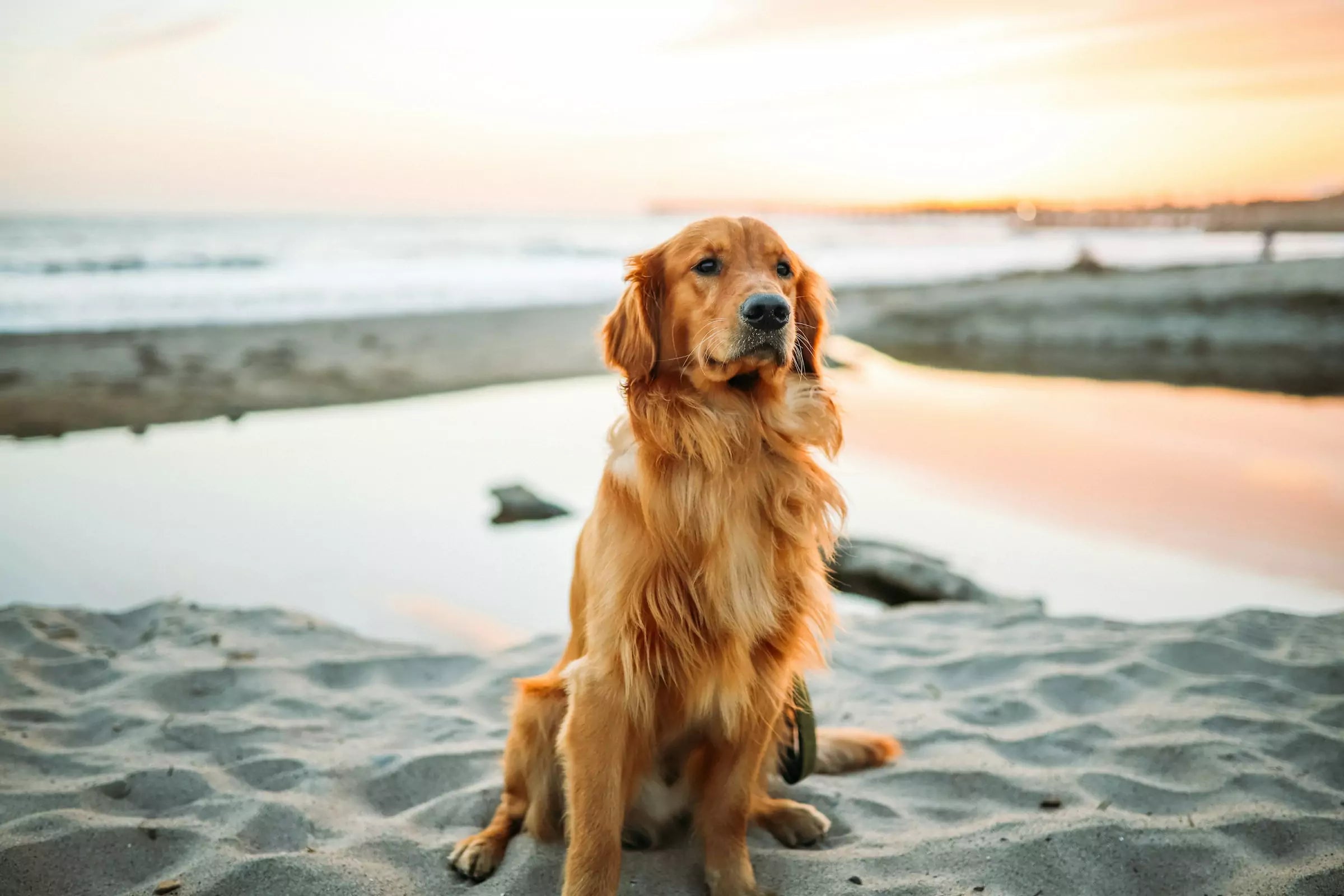
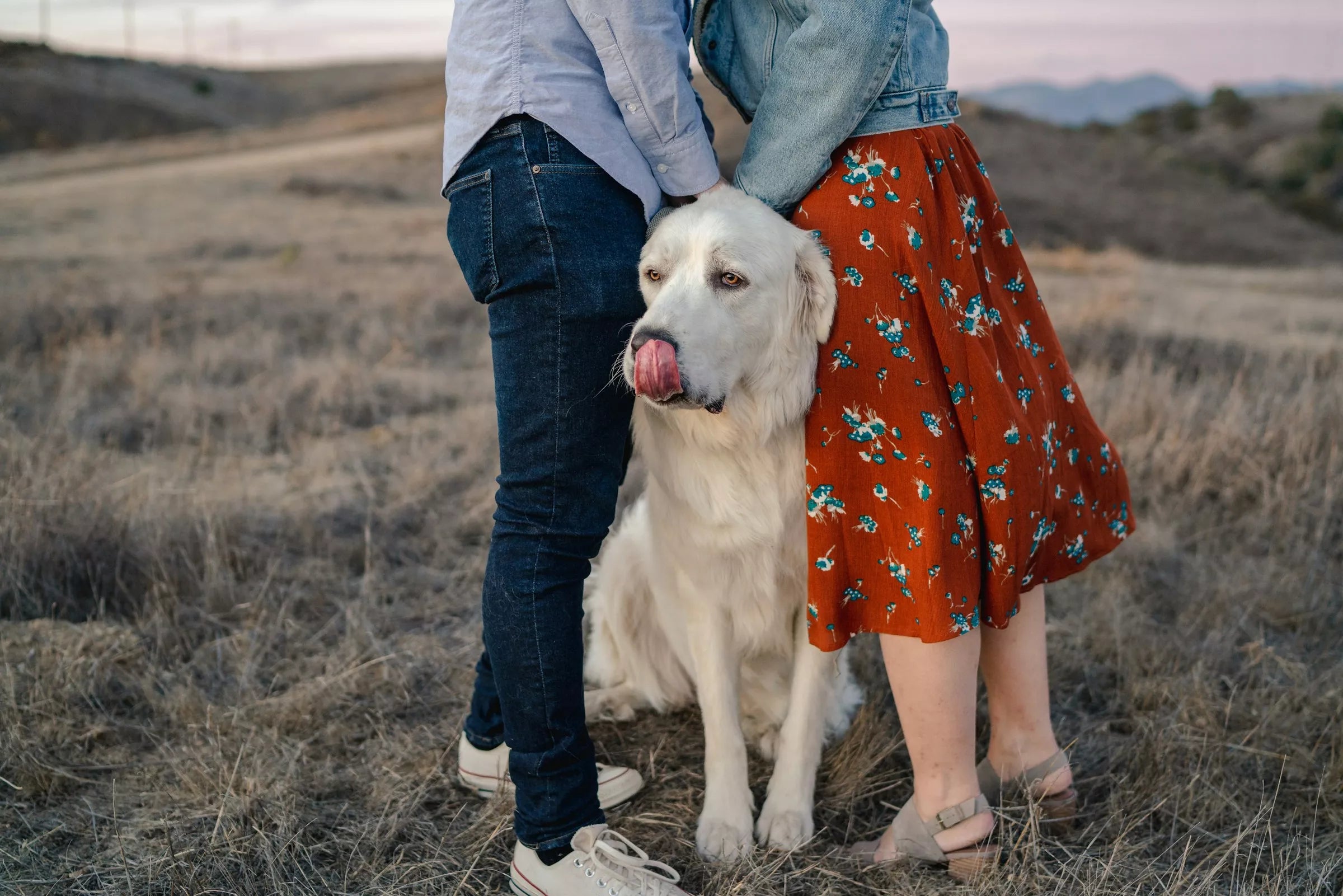
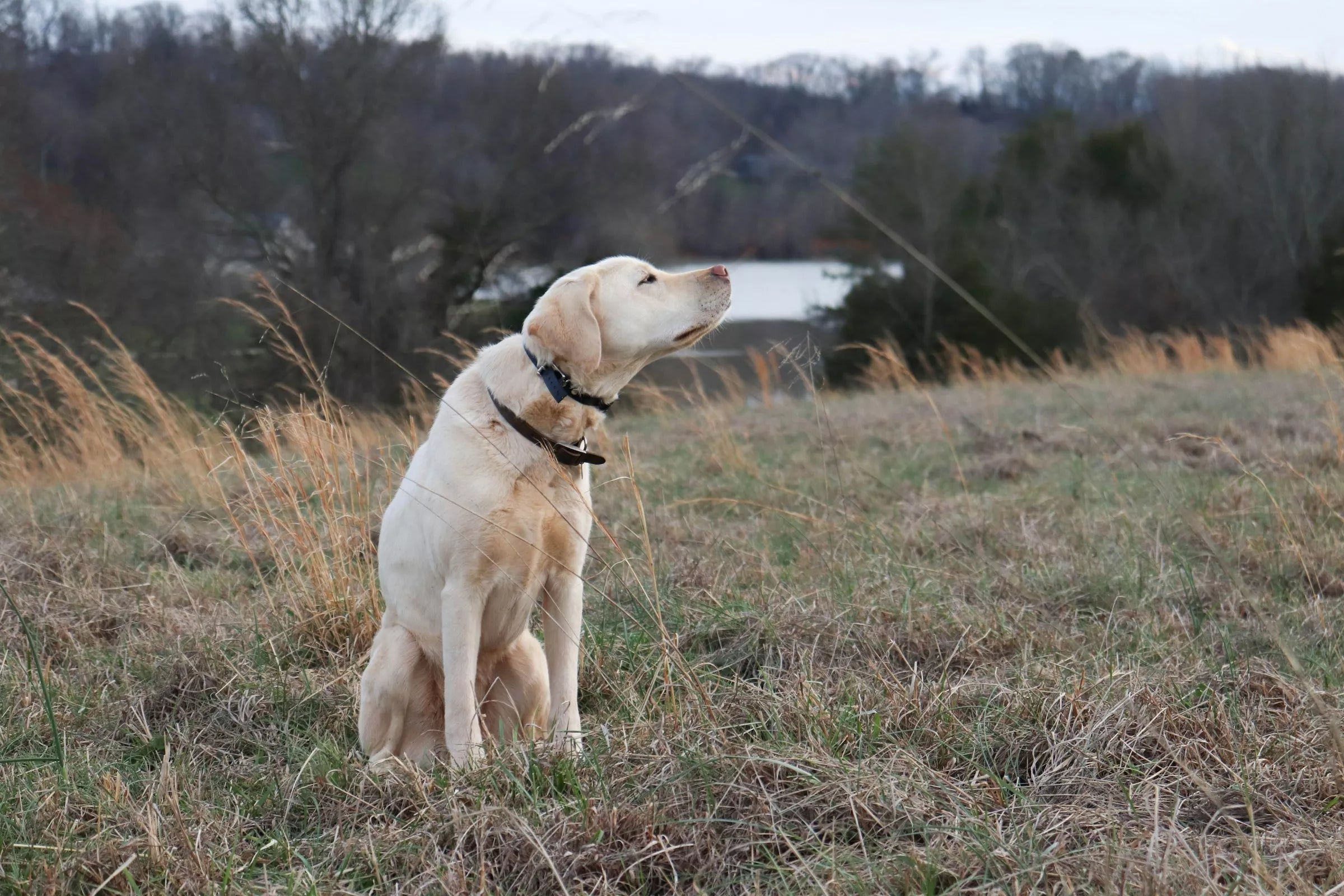
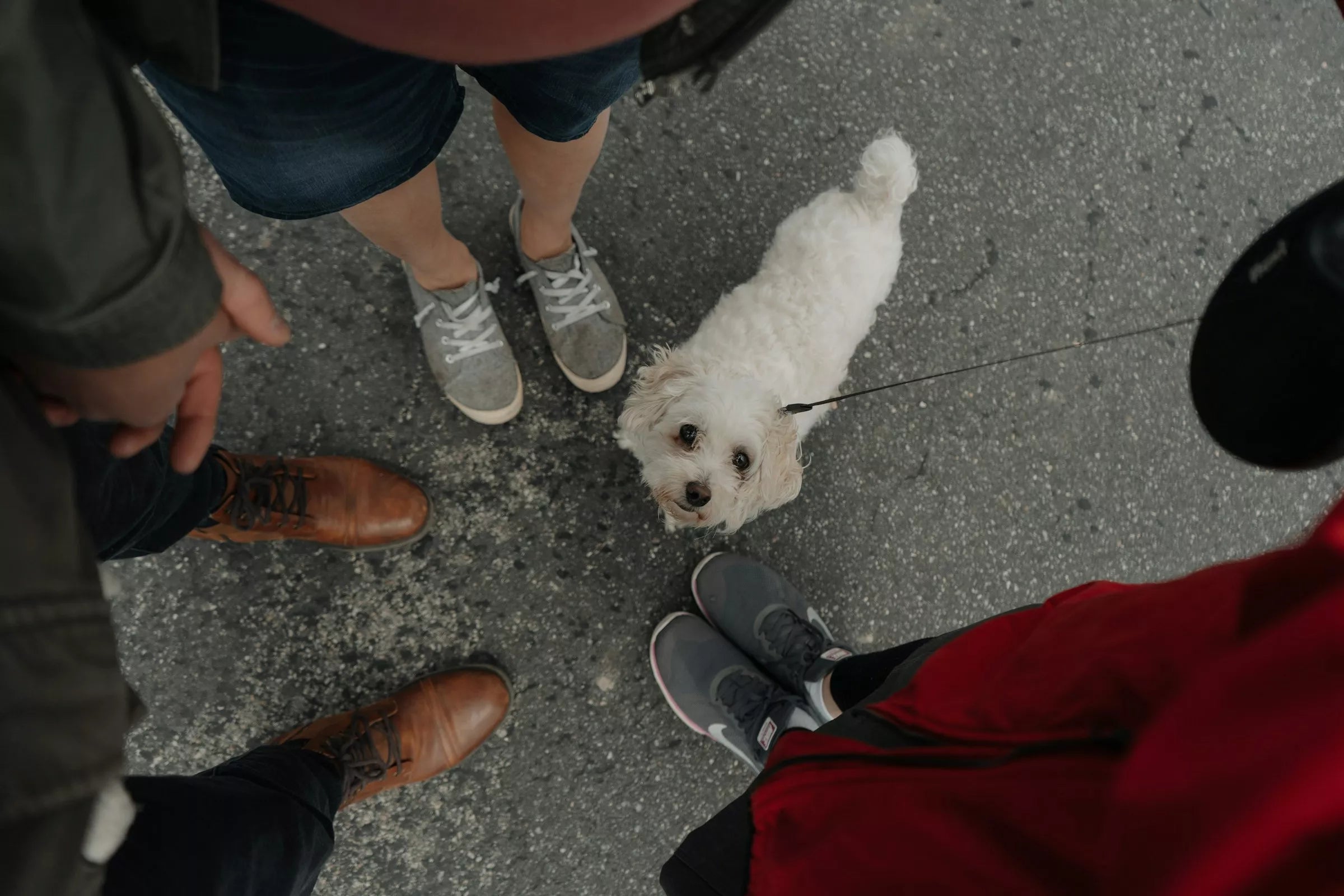
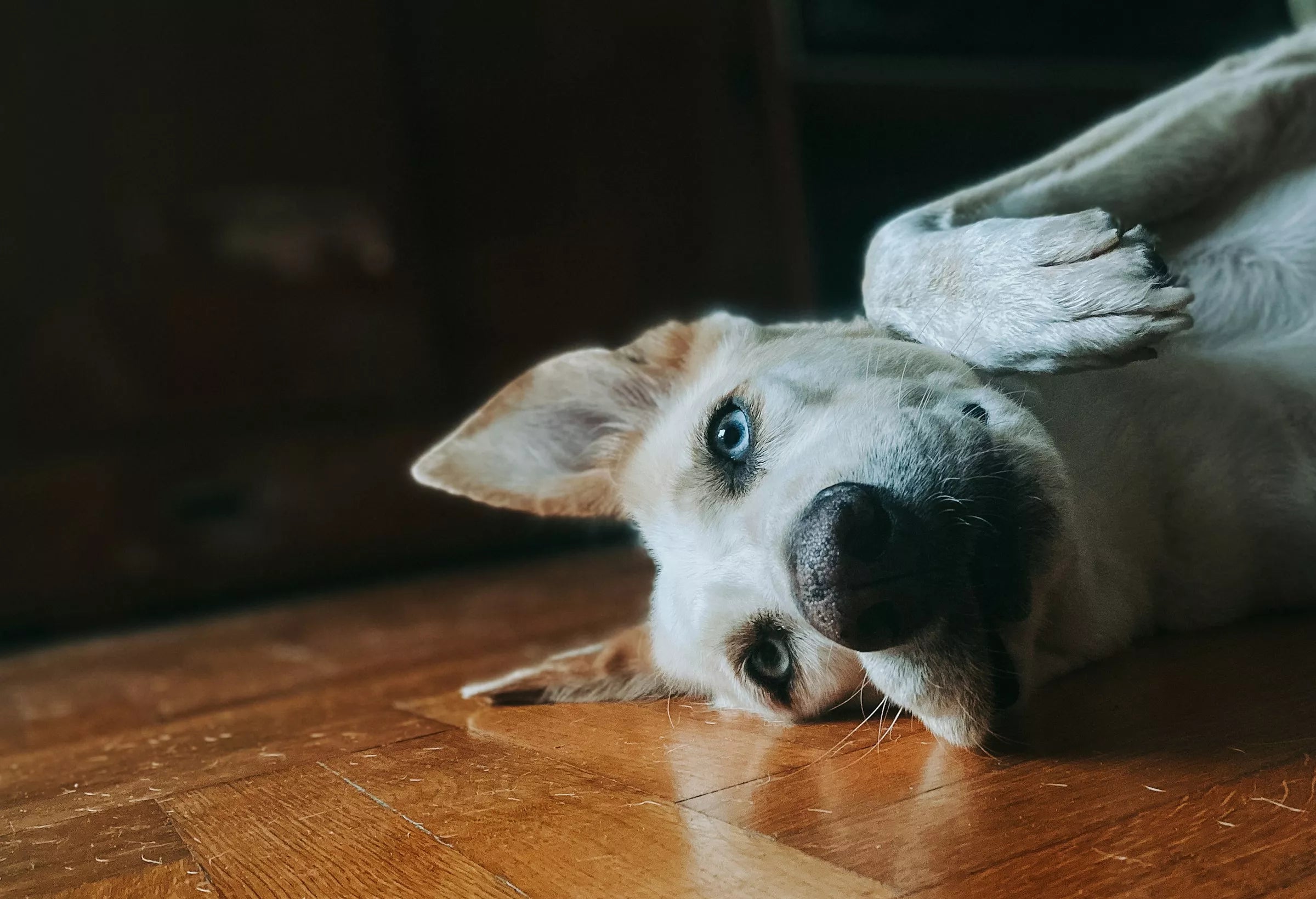

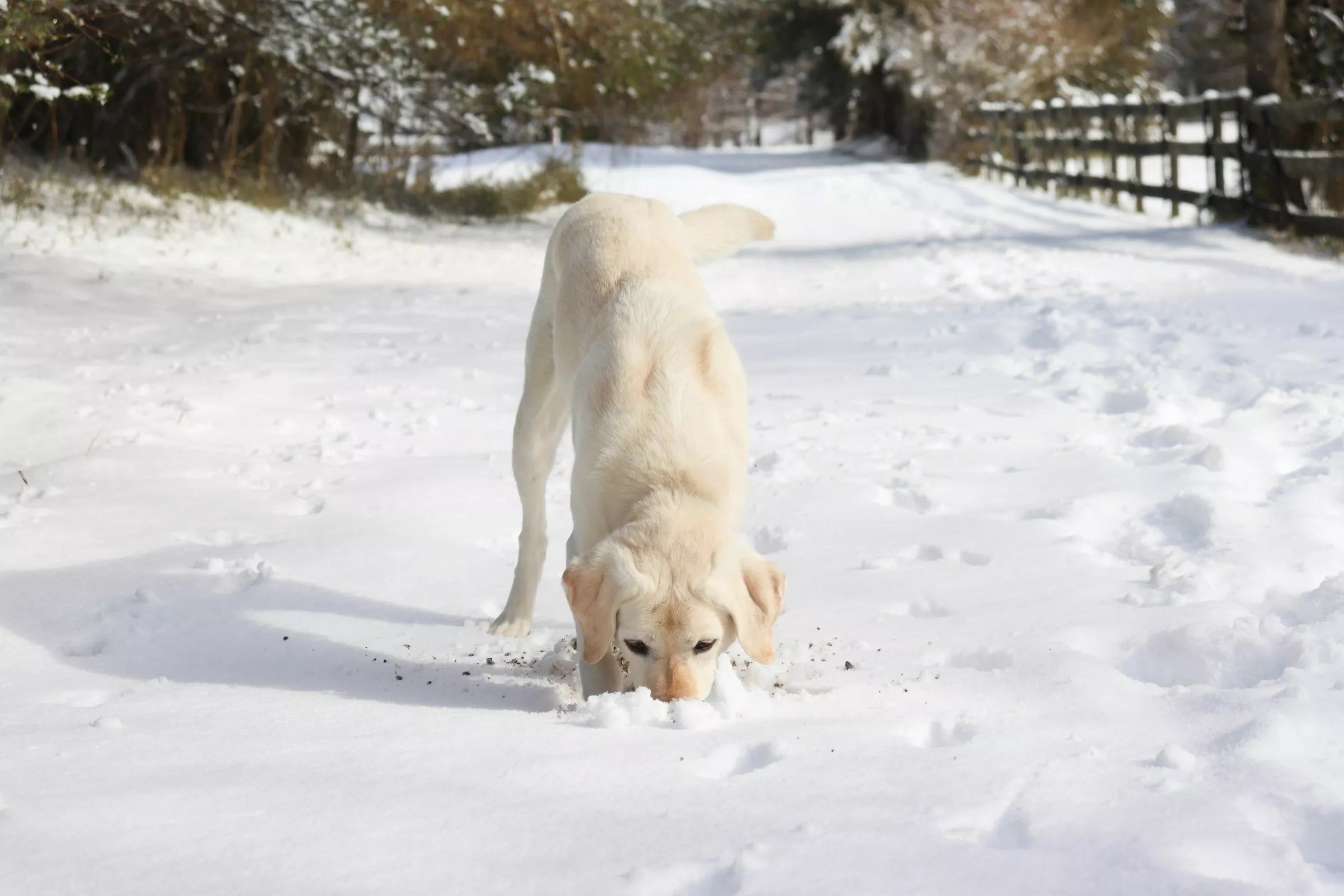






Share:
How Often Should My Dog Poop?
Alternative Ways to Exercise Your Dog Without Walking